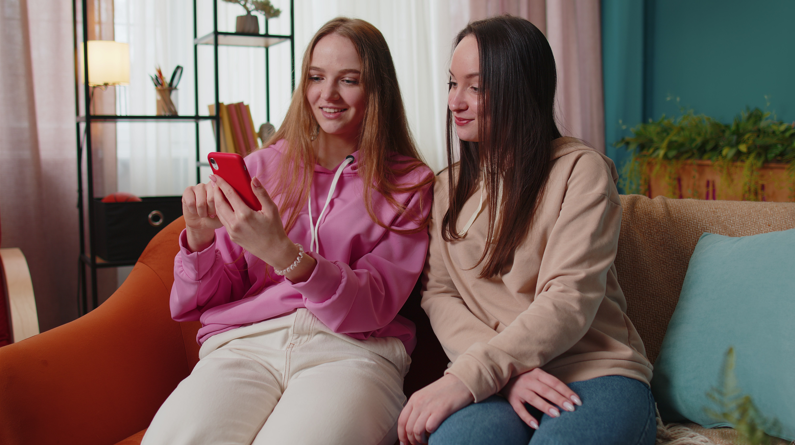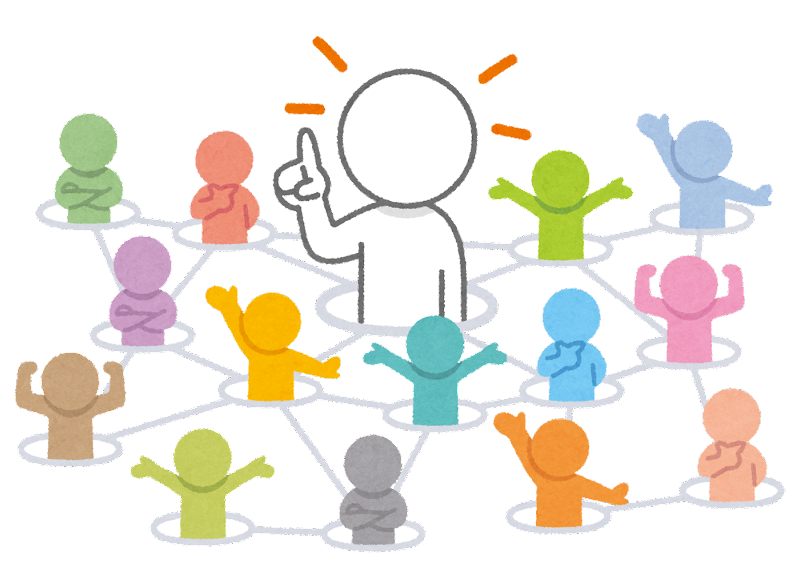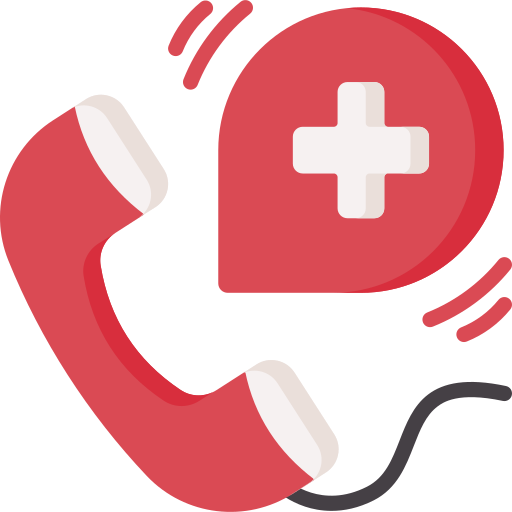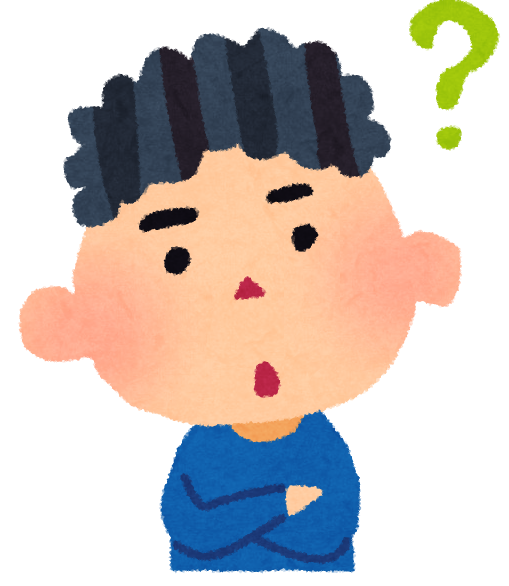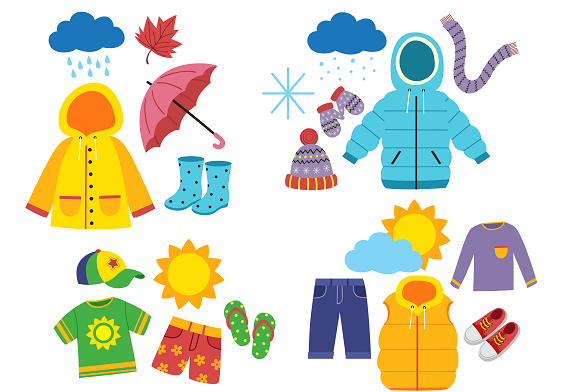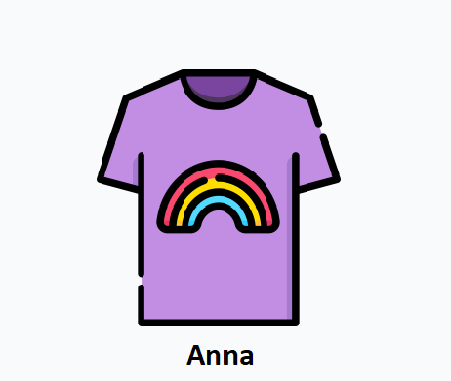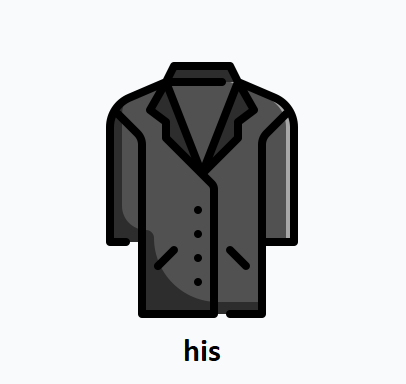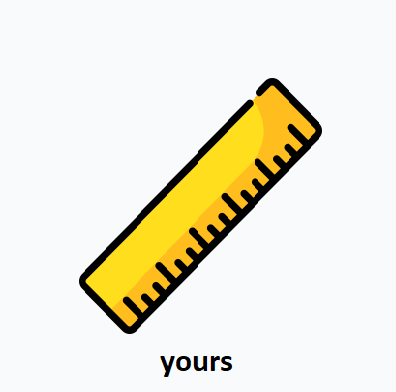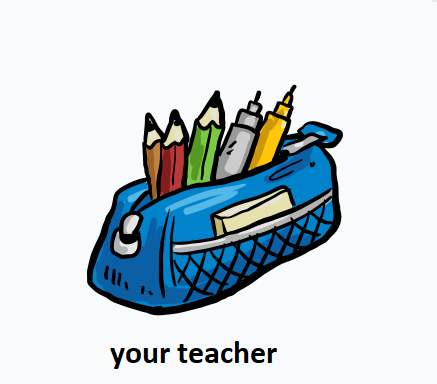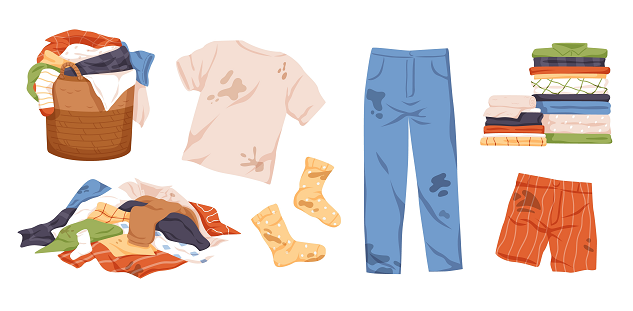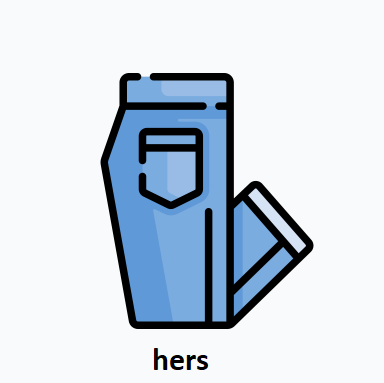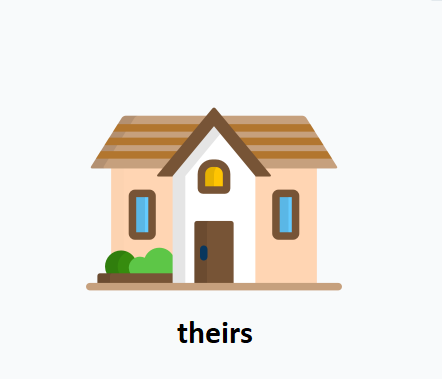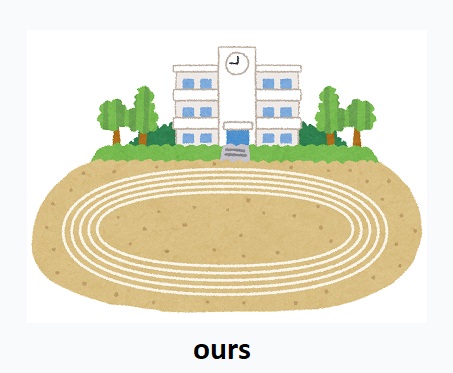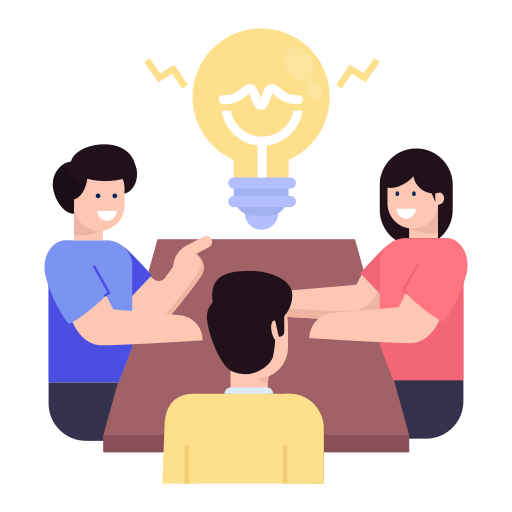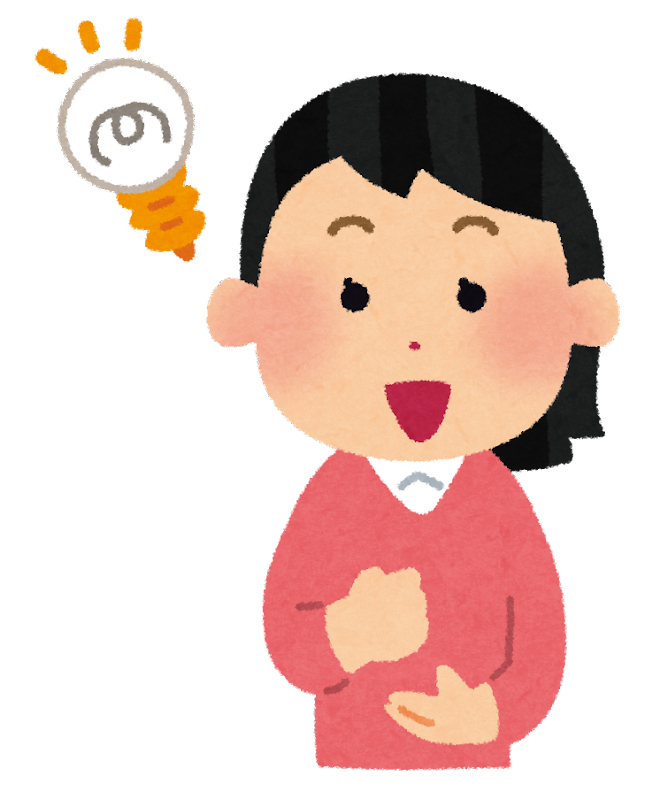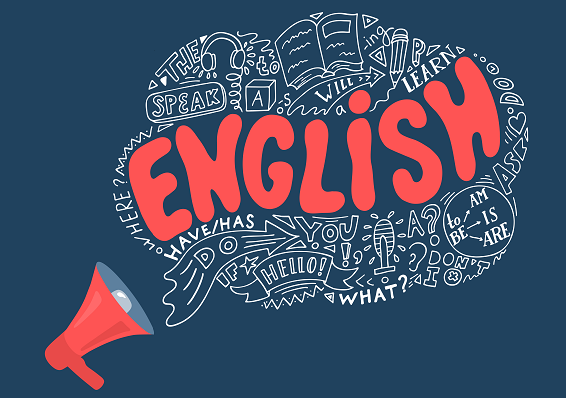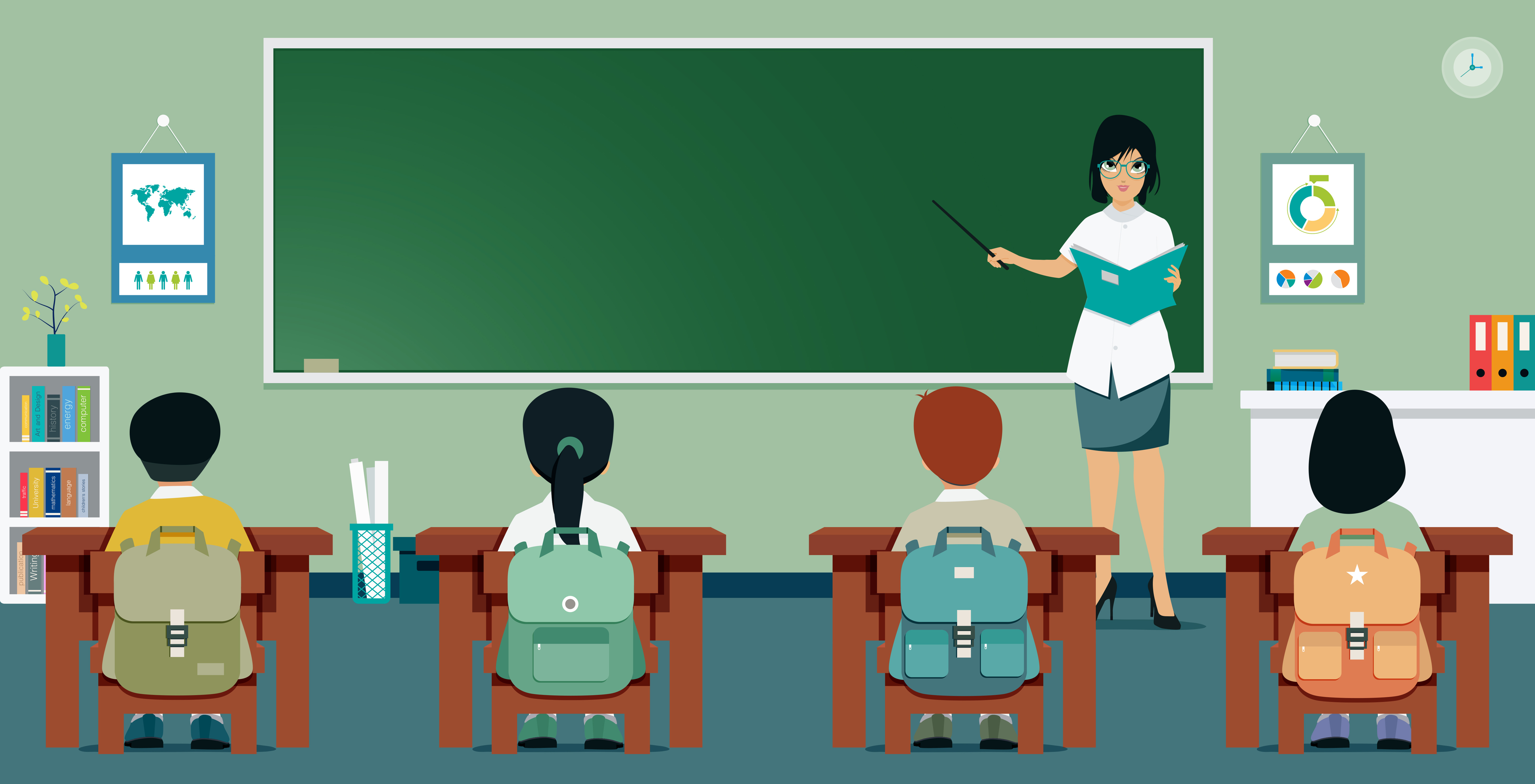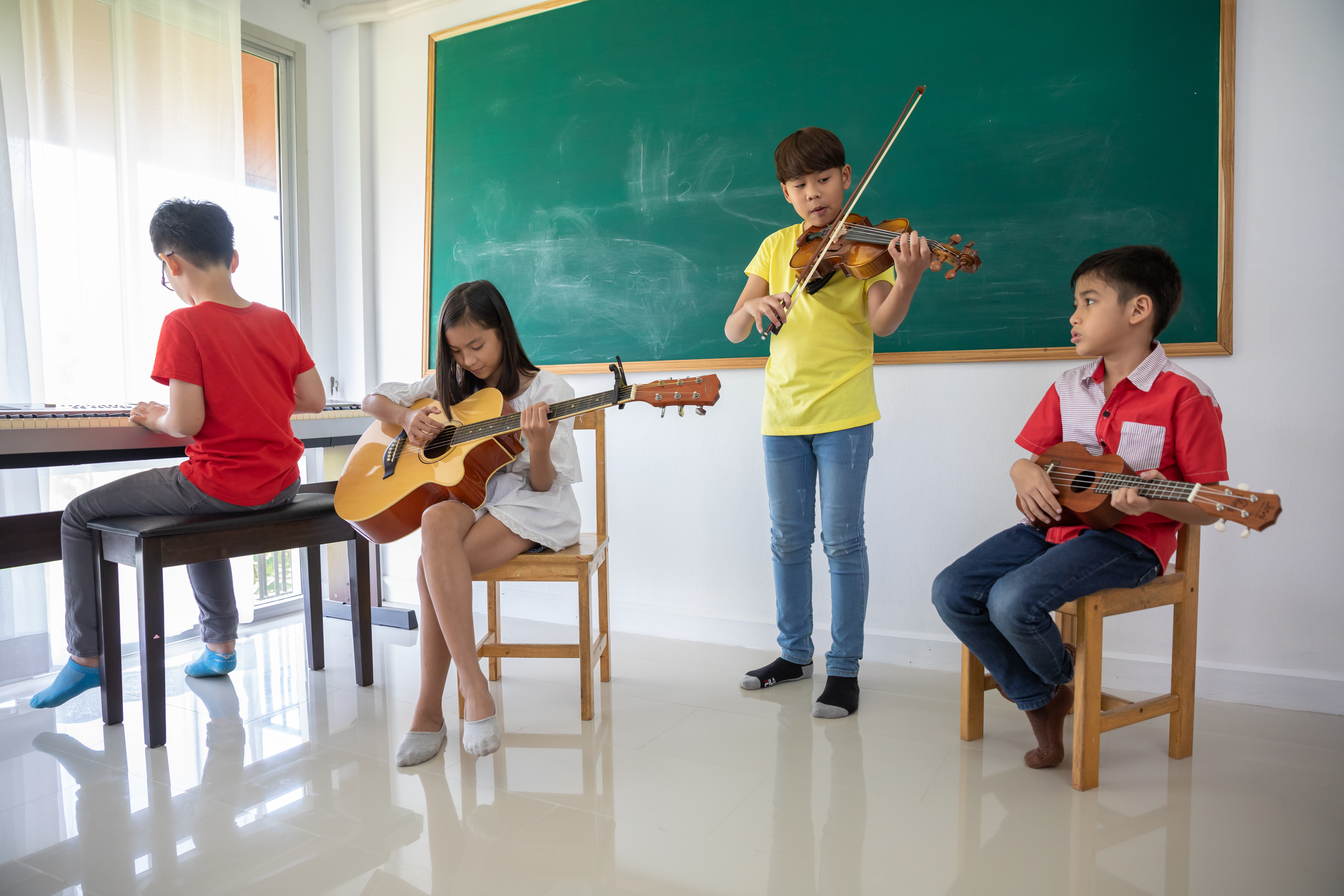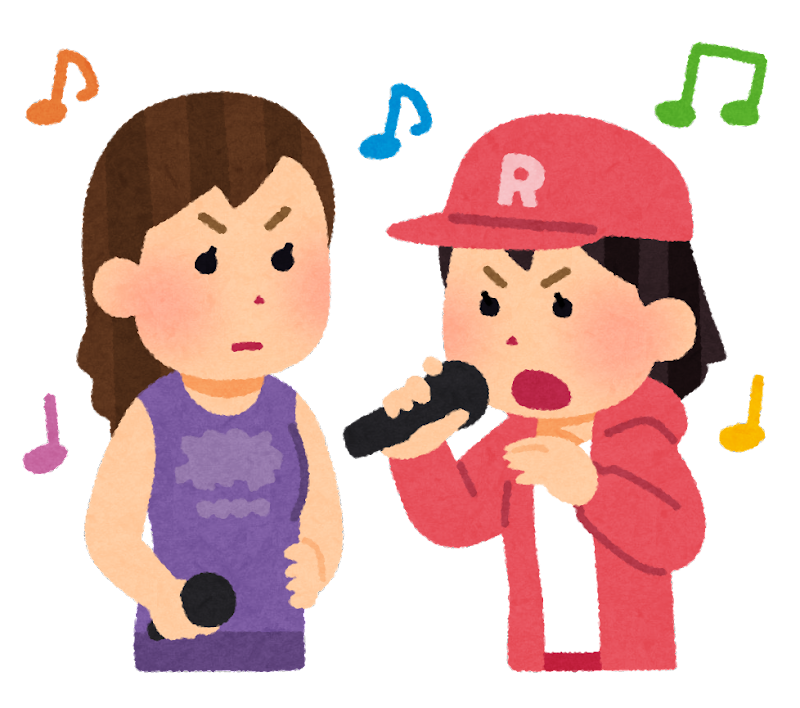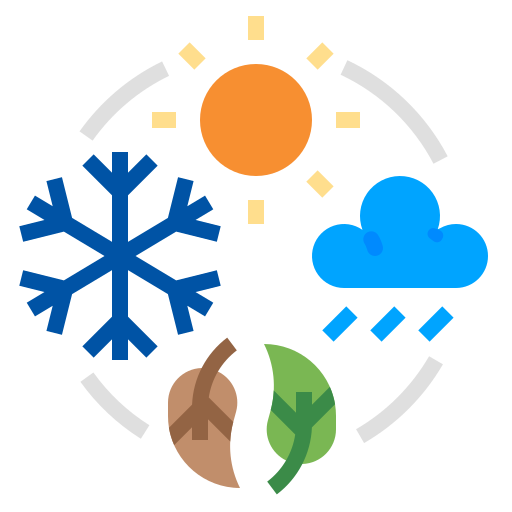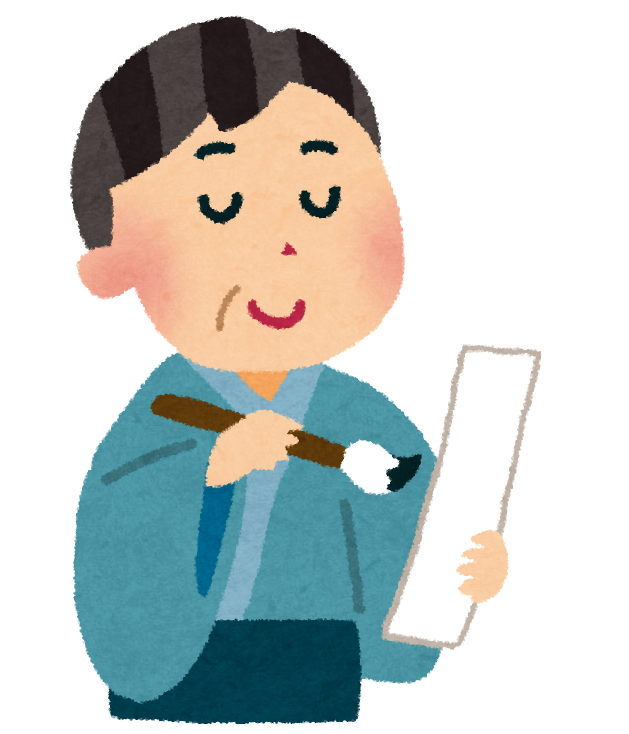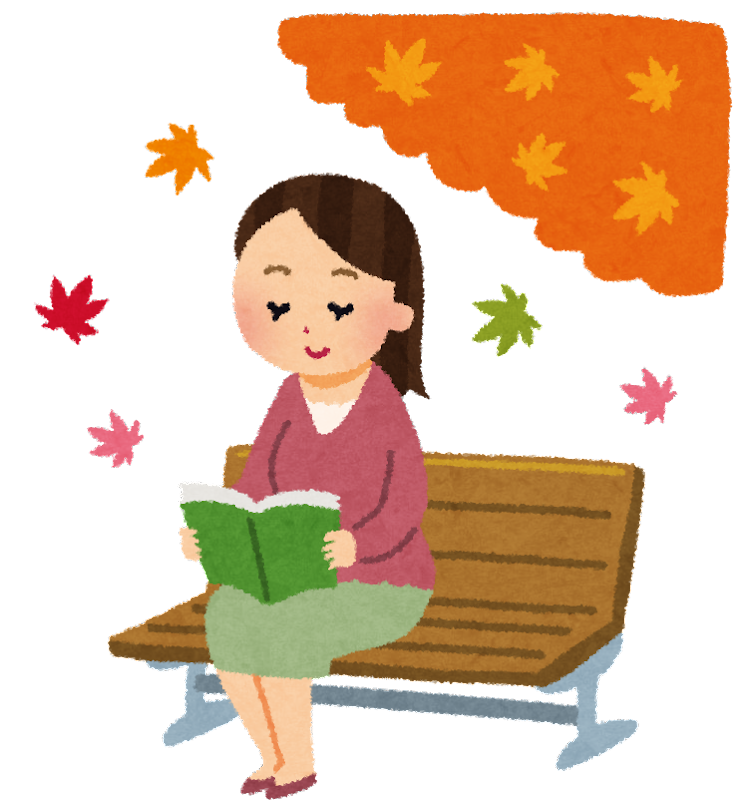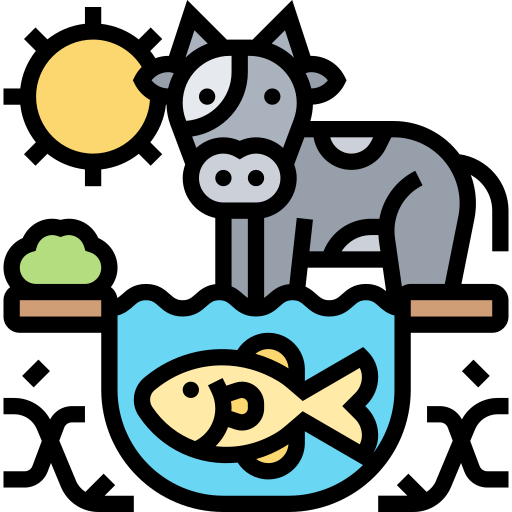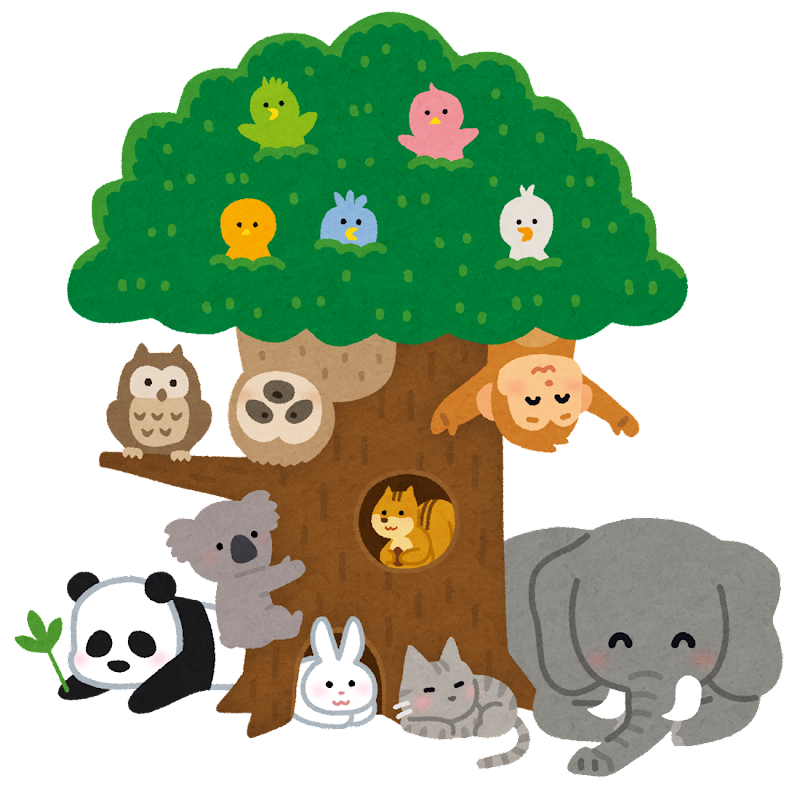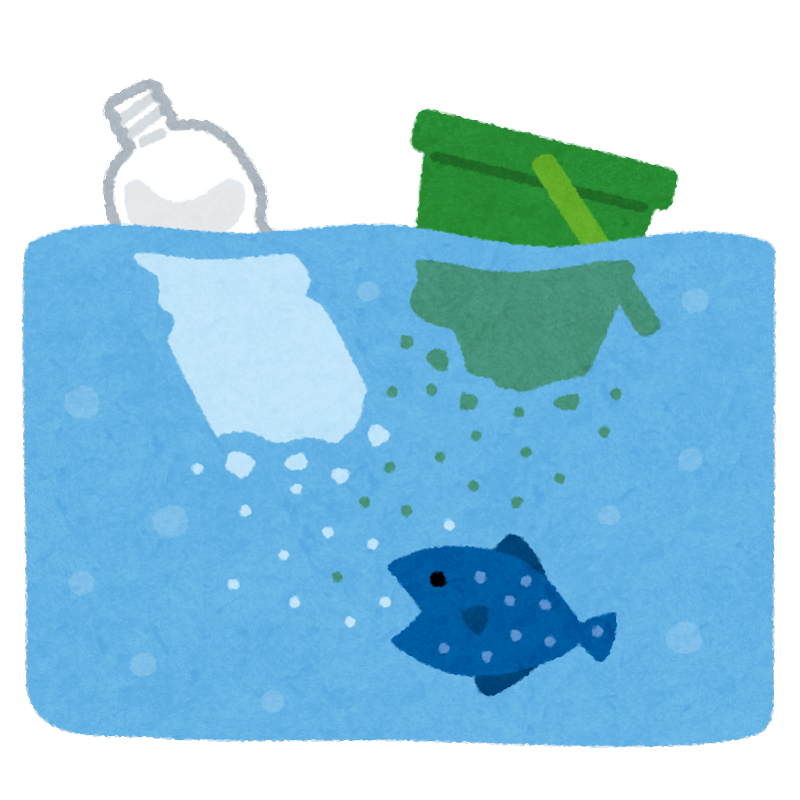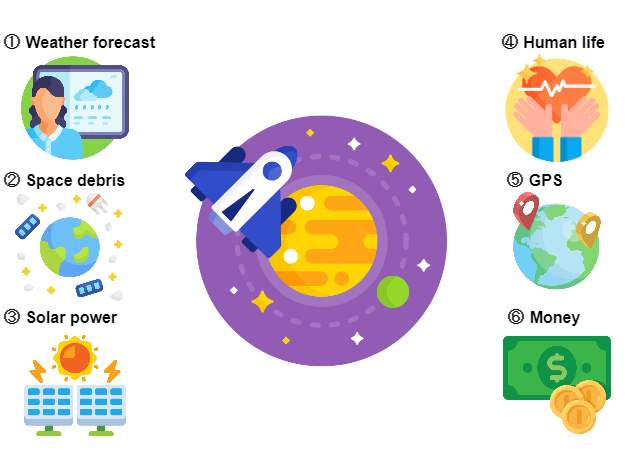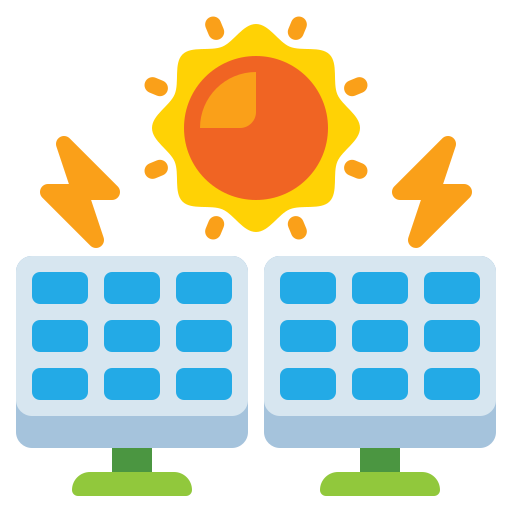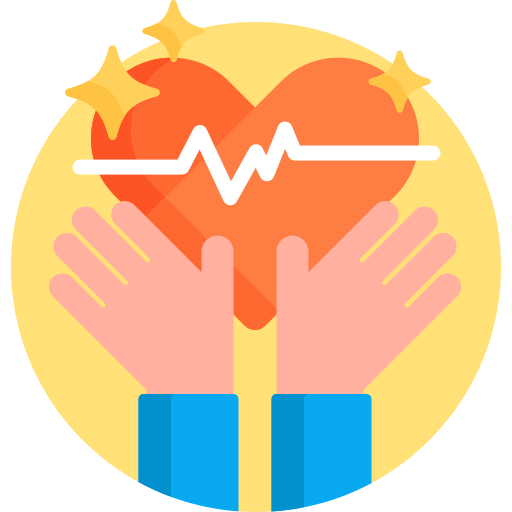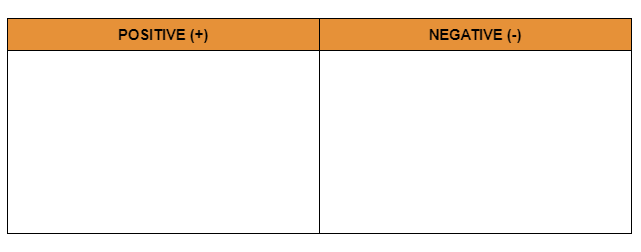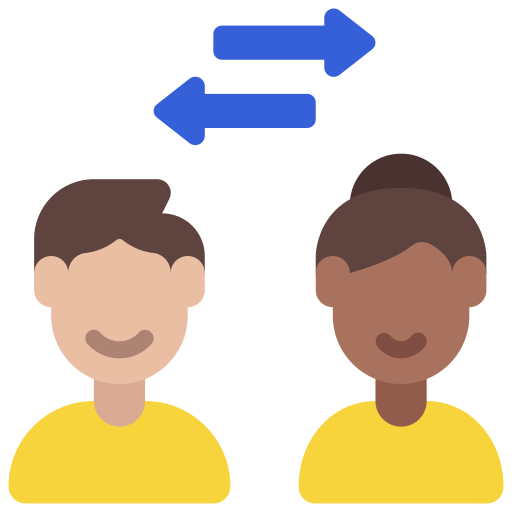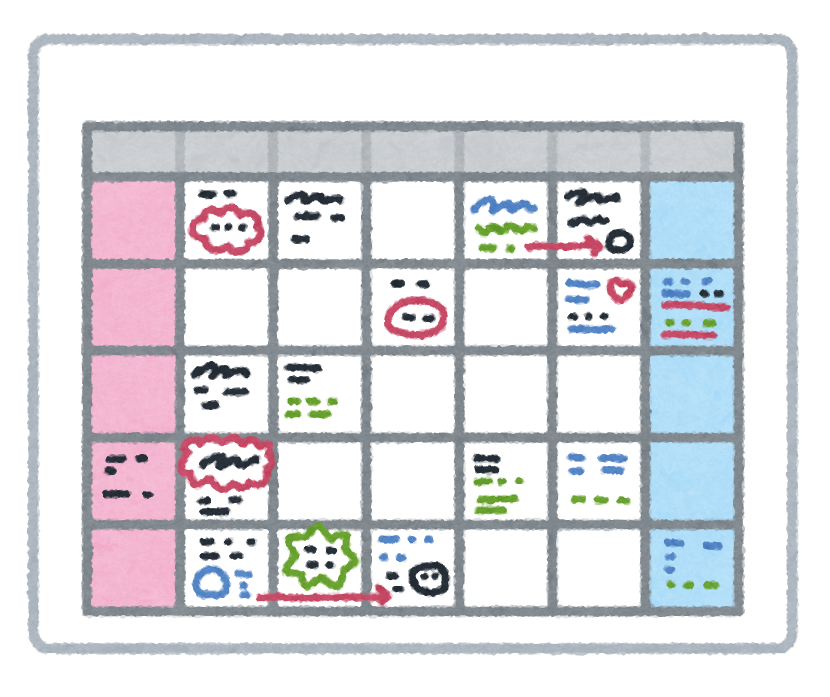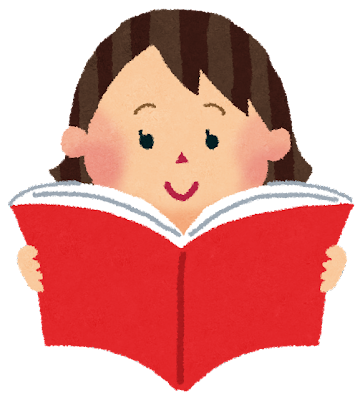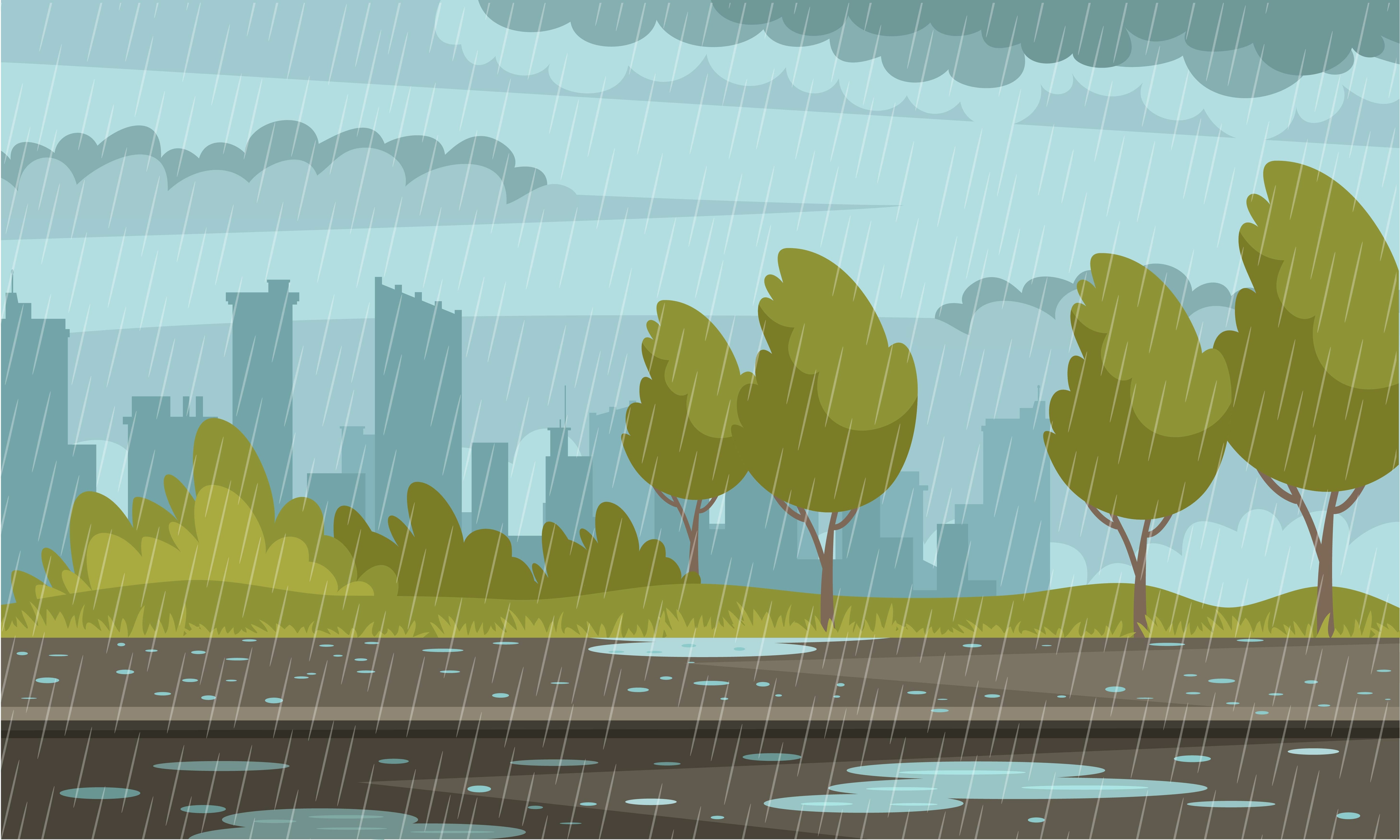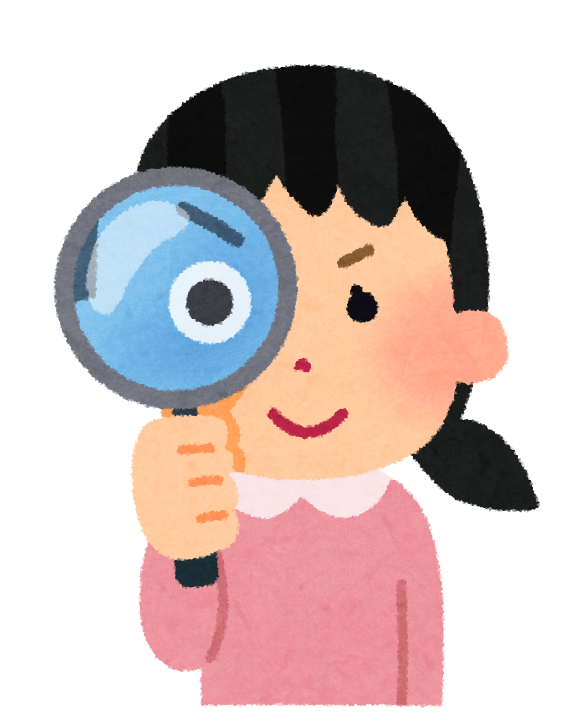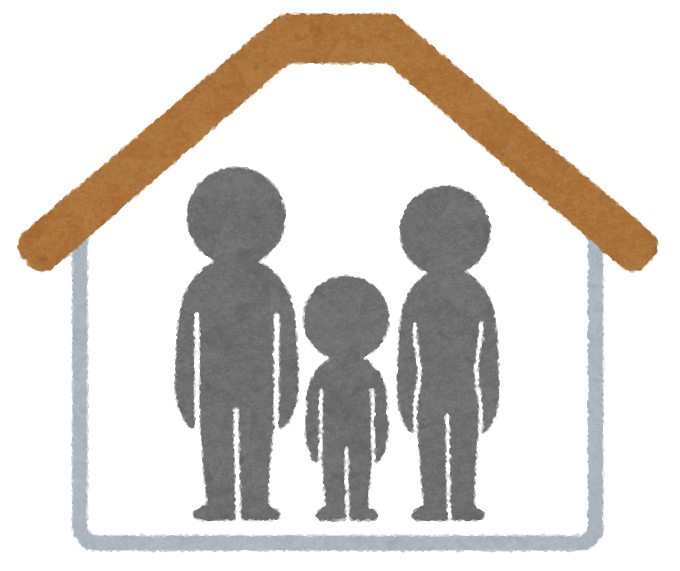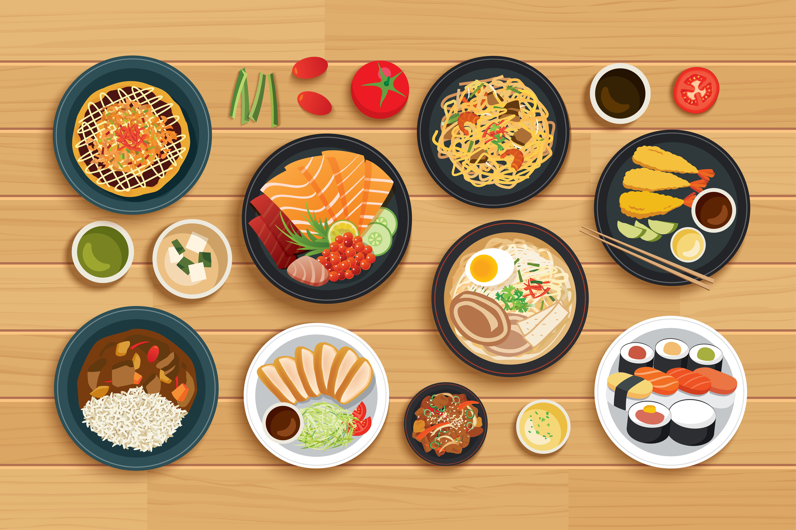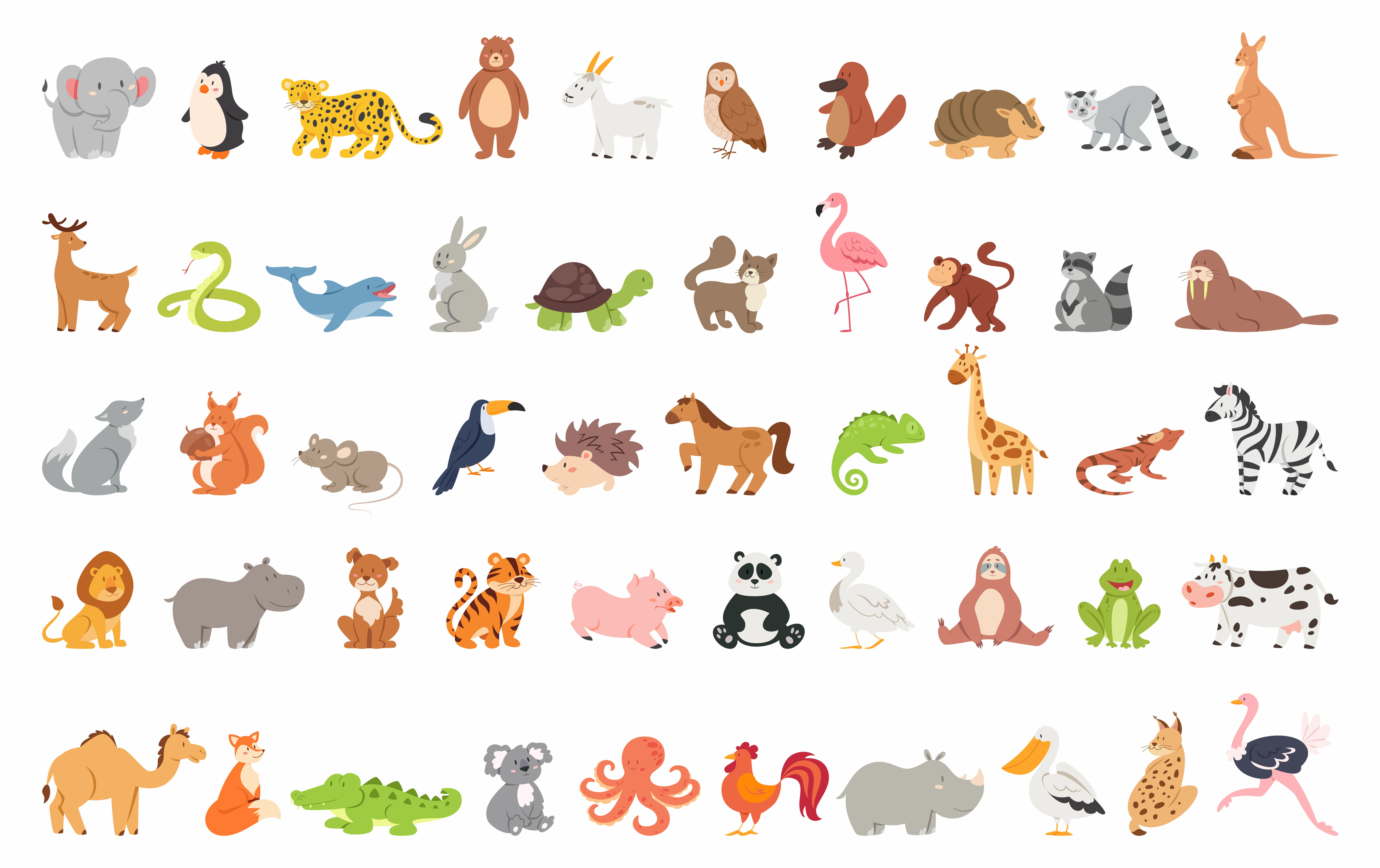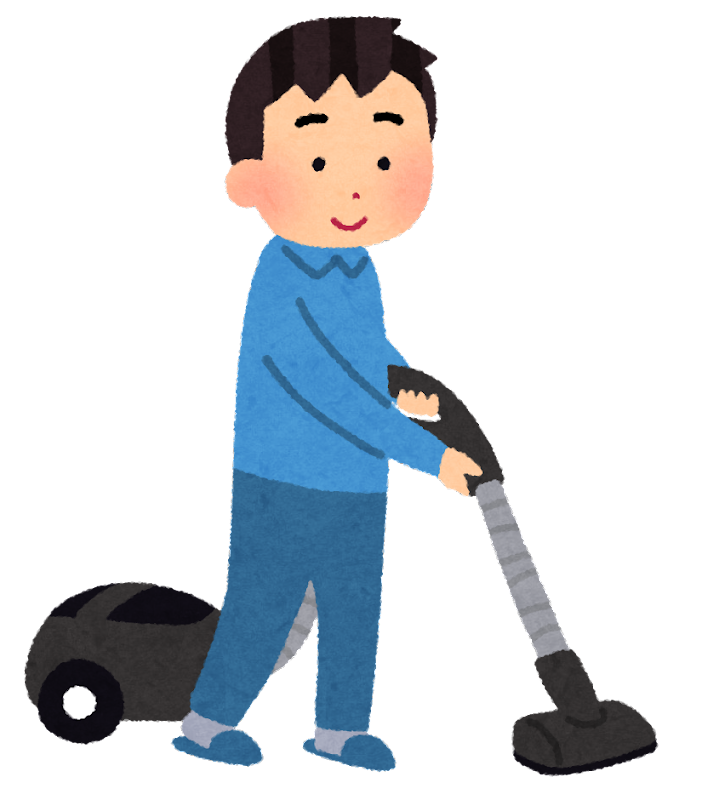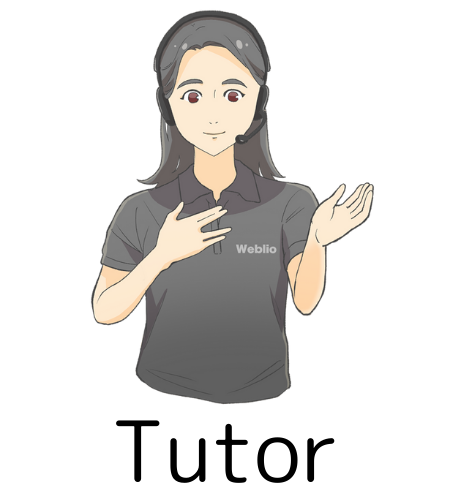
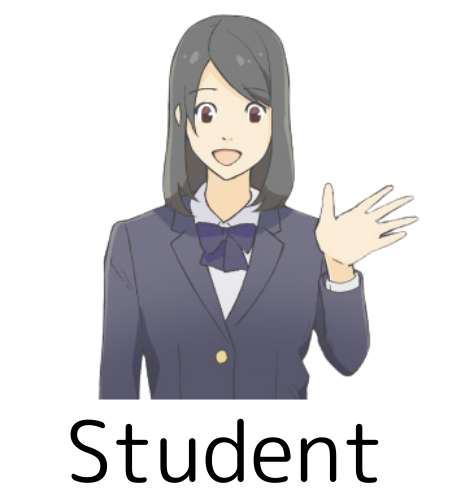
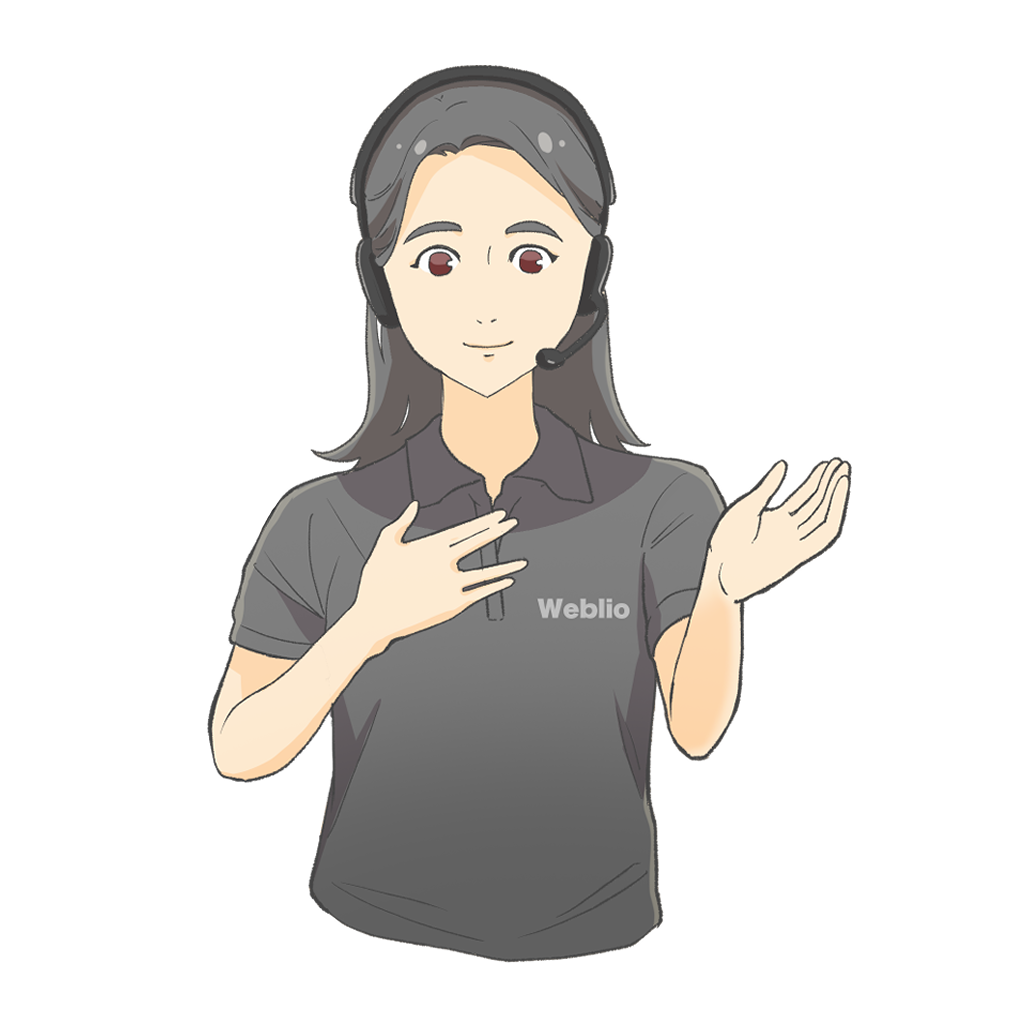

| 1. | Excitement |
| 2. | Sadness |
| 3. | A “thank you” moment |
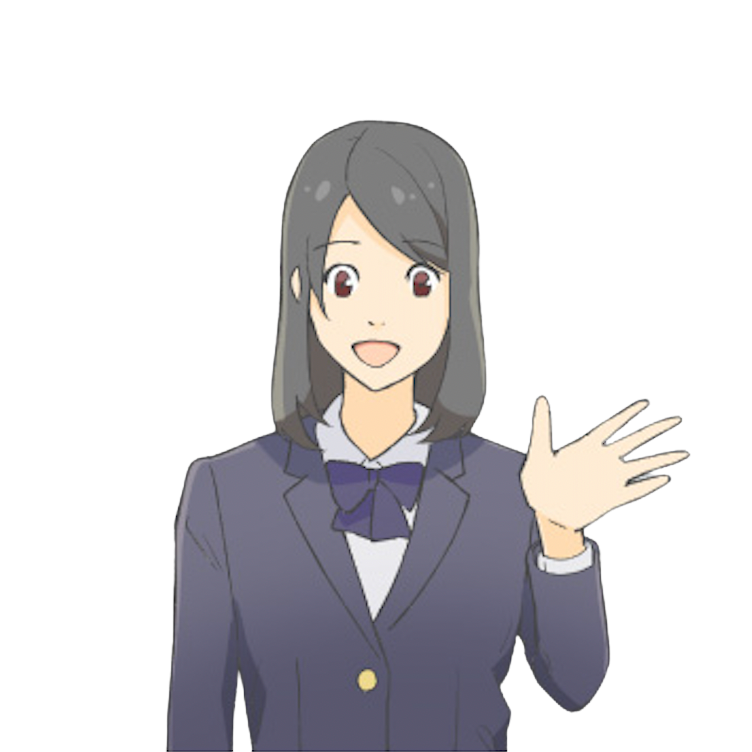

| 1. | What did you/he/she/they do? |
| 2. | Who did it? |
| 3. | When was it? |
| 4. | Where was it? |
| 5. | Why did you/he/she/they do that? |
| 6. | How was it? |
| Answer: |


| Answer: |
include these points: (What / Who / When / Where / Why / How)





【ヒント:日本語訳】
SNSを使えば、遠くにいる人とでも簡単に話すことができます。また、多くの学生はインターネットから最新のニュースや様々な情報を得ることができます。
しかし、SNSには欠点もあります。SNSの通知で気が散って、勉強に集中できないかもしれません。また、一日中パソコンの前に座っていたり、スマートフォンの小さな画面を見ていたりすることもあります。


| 1. | What is one advantage of SNS? |
| Answer: |


| 2. | What is one disadvantage of SNS? |
| Answer: |










|
communicate
kəˈmjuː.nə.keɪt
伝える
|

|
easily
ˈiː.zəl.i
簡単に
|
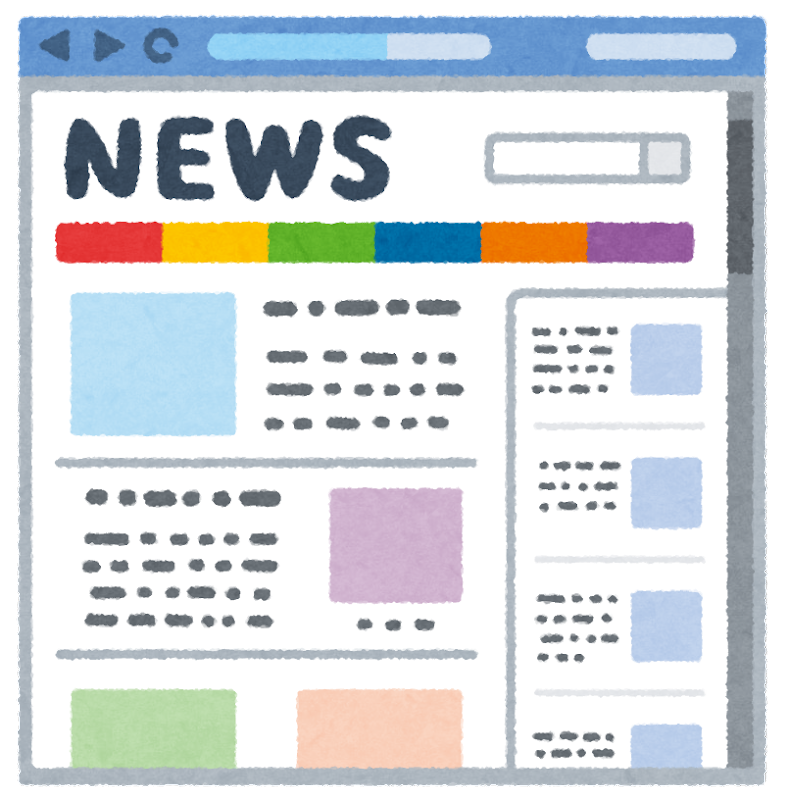
|
latest
ˈleɪ.t̬ɪst
最新の
|
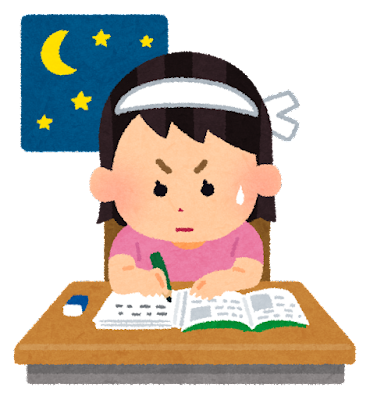
|
concentrate
ˈkɑːn.sən.treɪt
集中する
|

|
spend (time)
spend
時間を過ごす
|






| 1. | How often do you use social media? Do you think you spend too much time for it? |
| Answer: |


| 2. | Would you get upset if you lost internet access? Why or why not? What do you think would trouble you the most? |
| Answer: |


| 3. | Which is easier for you to talk with friends on social networking services or in face-to-face communication? Why? |
| Answer: |









| Situation 1: |
Your brother/sister asks you about the internet. Tell him/her its advantages.
(Your tutor will pretend to be your brother/sister.)
|
| Items to mention: |
– what you can do with the internet – what you can do on social media – what you should keep in mind when using them |

| Situation 2: |
You made a report about the disadvantages of social media. Present it to your teacher.
(Your tutor will pretend to be your teacher.)
|
| Items to mention: |
– effect on people’s health – effects on social life skills – effects on learning |





| 1. | When do you use social networking services? Why do you use it? |
| 2. | Did social media help you communicate with more friends? How? |
| Answer: |


| 1. | Do you use the internet when studying? How do you use it? |
| 2. | Tell me anything you can think of that people can do now on the internet. What new things could be done in the future? Tell me your ideas. |
| Answer: |


たくさん話すためには?
■ いつ、誰とどこで何をしたのか伝えよう。
■ それをしてどう感じたか、なんでそう感じたのかも伝えるよう意識しよう。
例)
I took an online lesson with Ellen at my house today.
(what/who/where/when)
It was fun to talk with Ellen because her hobby was the same as mine.
(how/why)



